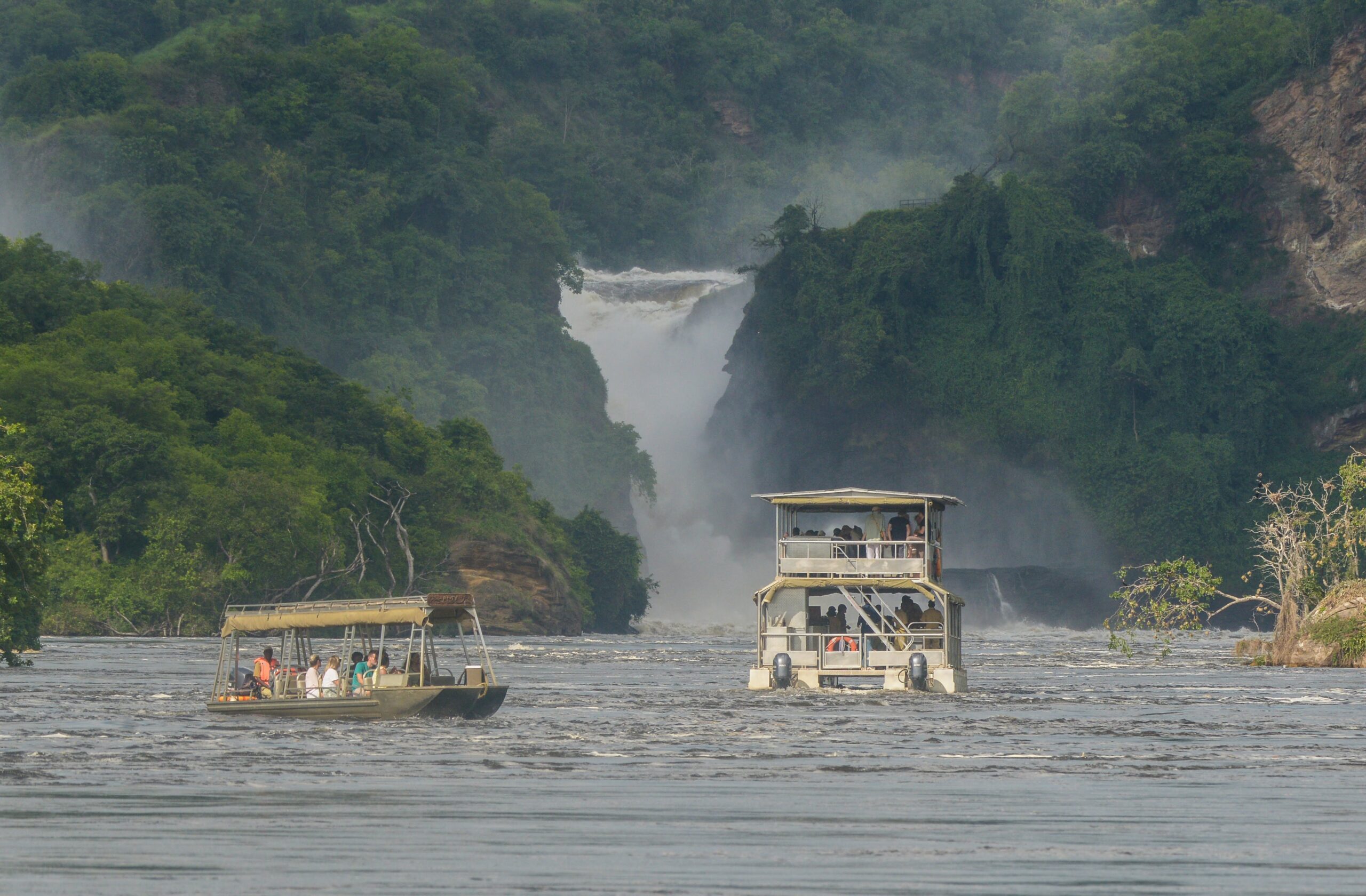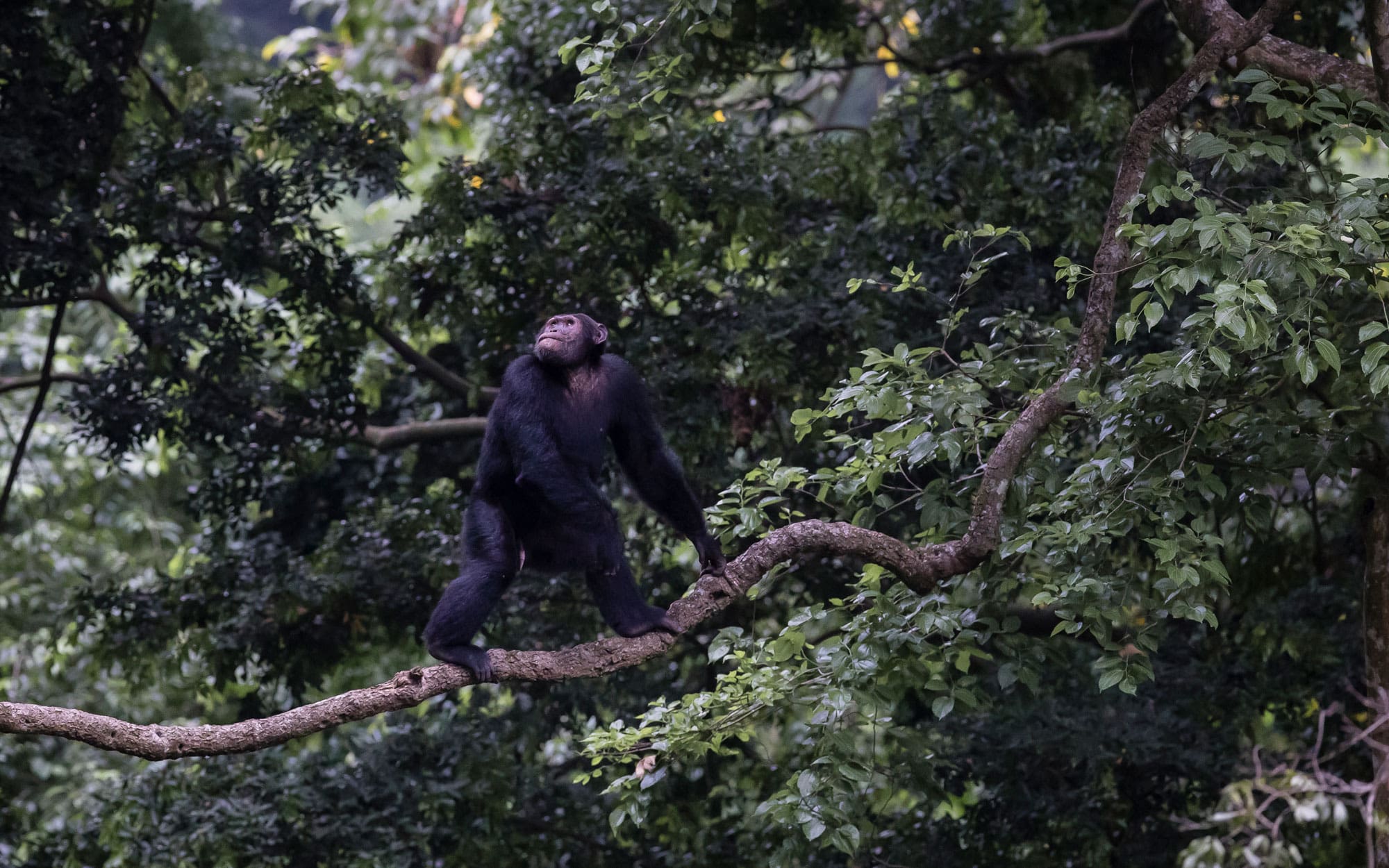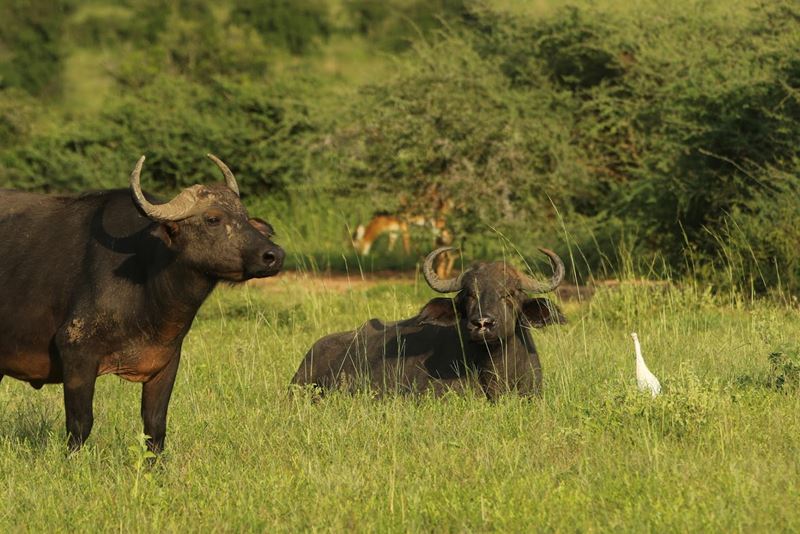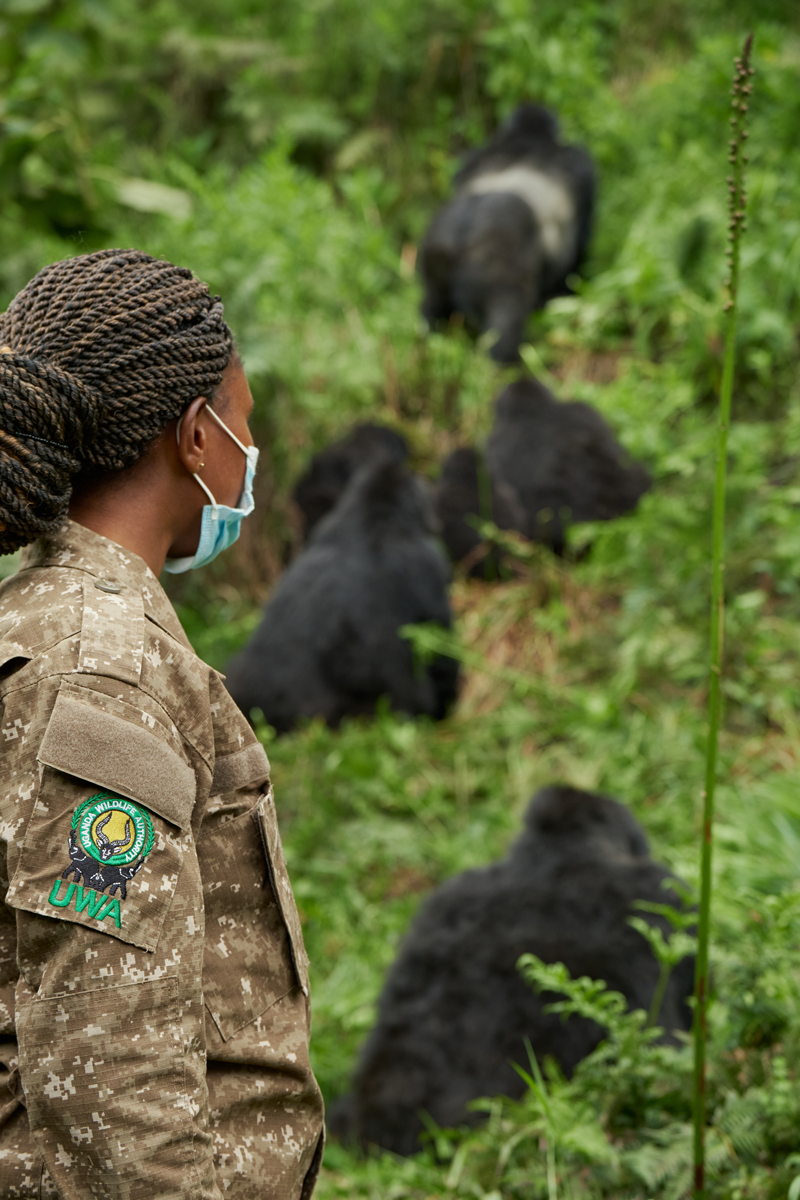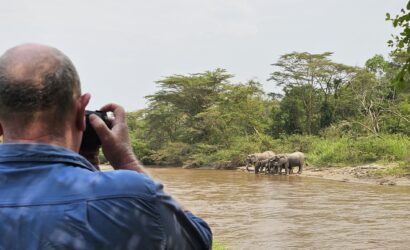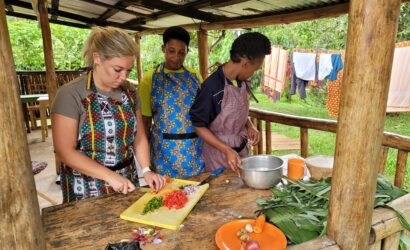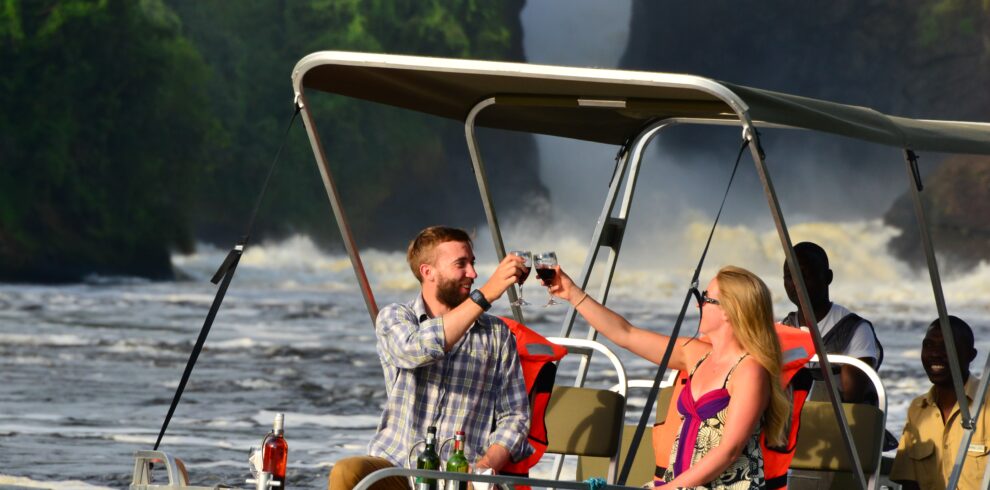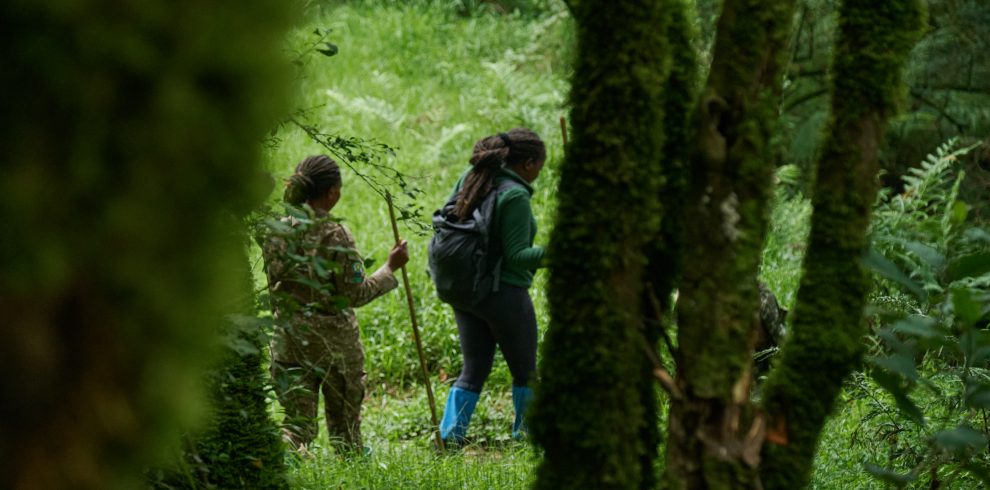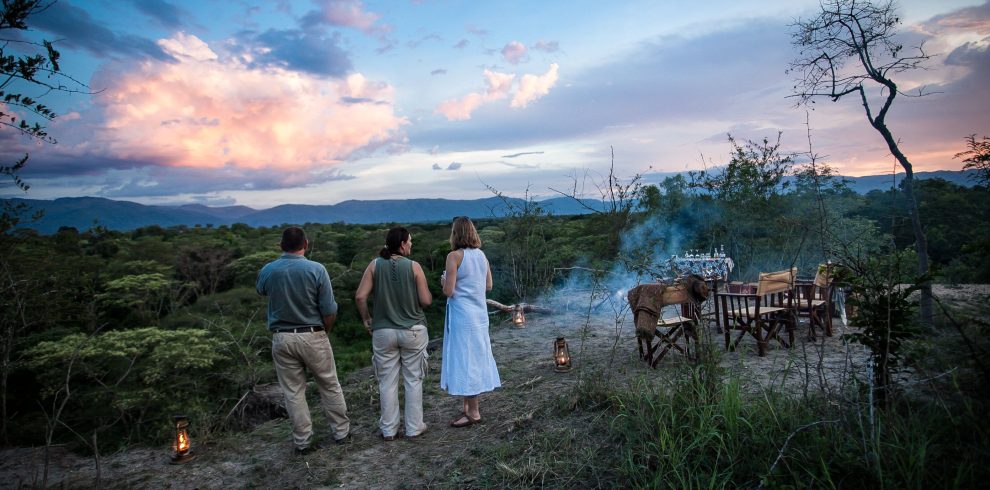-
4x4 Pop-up Safari Land Cruisers
-
5/6 Star Hotels/Lodges
-
Over 2,416 metres
-
Kigali
-
All Year Round
-
Luxury, Eco-Tour, Hiking, trekking Tour
-
All meals during the trek
-
English, German,French and Spanish
-
85
Overview
Discover the perfect balance of indulgence and impact on our 13-day Sustainable Luxury Wildlife Escape through Uganda and Rwanda. This journey combines five-star comfort with unforgettable wildlife encounters , from gorilla trekking in Bwindi to chimpanzee tracking in Kibale and game drives across the savannah. Along the way, enjoy exclusive cultural experiences and breathtaking landscapes, while knowing that 20% of your trip proceeds directly support conservation and local communities. Travel in style, give back meaningfully, and create memories that last a lifetime.

Highlights
- Trip offers a 20% proceeds donation to support our community and conservation efforts
- Get up close and personal with majestic mountain gorillas in Bwindi Impenetrable National Park.
- xplore the forests of Kibale National Park and encounter agile chimpanzees in their natural habitat.
- Enjoy a romantic and exclusive boat cruise on Lake Kivu
- Enjoy a romantic and exclusive boat cruise on the Nile River in Murchison Falls
- Discover the traditions and customs of the Batwa people, a unique and fascinating cultural experience.
- Experience thrilling game drives in Murchison Falls National Park and Queen Elizabeth National Park, spotting diverse wildlife.
- Explore the vibrant city of Kigali, its history, culture, and landmarks.
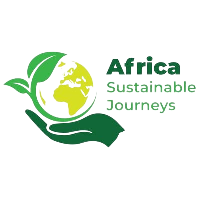


 Overnight:
Overnight: 